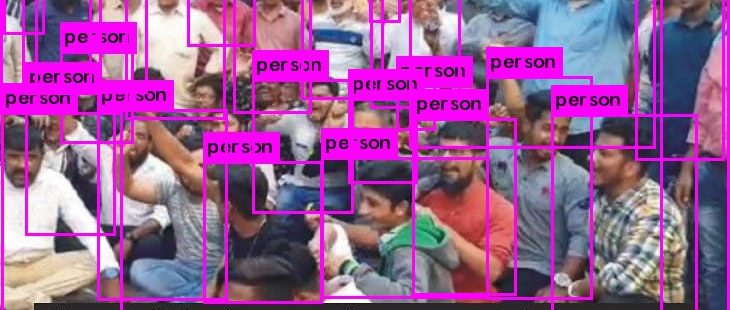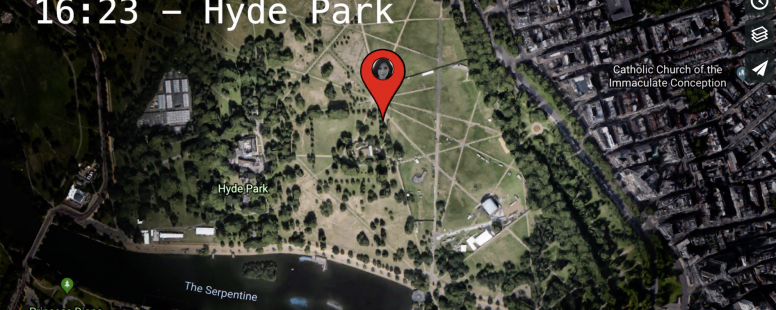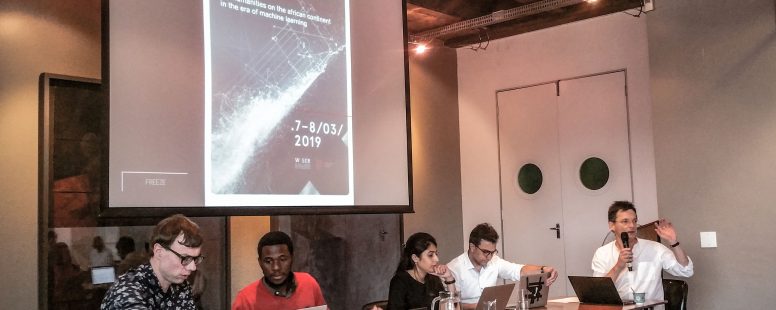Campaign against the execution of three protesters in Iran in July 2020
On 10 July 2020, the Iranian Judiciary announced that three men, namely Amirhossein Moradi, Saeed Tamjidi and Mohamad Rajabi, who were arrested in anti-regime protests in November 2019, were to be imminently executed as they had been denied appeal. Within three days of the announcement, the Persian hashtag #اعدام_نکنید (“Don’t_Execute”) started appearing on Twitter, Instagram and Facebook. By 14 July, the hashtag was trending globally on Twitter with many inside








